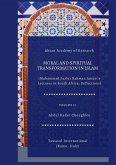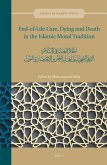The tenth-century Bust¿n al-¿¿rif¿n is a manual for believers in which the jurist Ab¿ al-Layth al-Samarqand¿ (from Balkh and Samarqand, d. ca. 986) offers counsel on religio-legal questions. The text is composed of 159 chapters, most of which open with a question about Islamic law and answer it by offering contrasting scholarly opinions and then establishing where Hanafi law stands on the question. The strong moral character of Bust¿n al-¿¿rif¿n derives from the aspiration of Islam to cover every possible human contingency, from birth to death and beyond, in the grace of God. Examples of the concerns in the text are whether one can have dealings with non-Muslims, when to invoke God in prayer, staying clear of exposing oneself to suspicion, the aversion to spitting in the mosque, the interpretation of dreams, and whether it is allowed to play the tambourine, kiss a child, accept a gift from rulers, or wail for the dead. Despite its considerable currency among past and present-day Muslims, little study has been devoted to Bust¿n al-¿¿rif¿n, much less a translation. The translation of the text is accompanied by an introduction to its literary and historical contexts and an accessible commentary exploring the larger themes encountered in the work.
Bitte wählen Sie Ihr Anliegen aus.
Rechnungen
Retourenschein anfordern
Bestellstatus
Storno

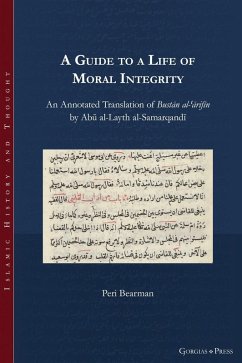

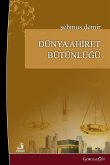
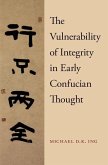
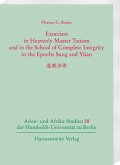

![Our guide on the Path to Paradise - The Prophet Muhammad's (saw) Sayings [Secondary School Textbook] Our guide on the Path to Paradise - The Prophet Muhammad's (saw) Sayings [Secondary School Textbook]](https://bilder.buecher.de/produkte/71/71697/71697413m.jpg)
